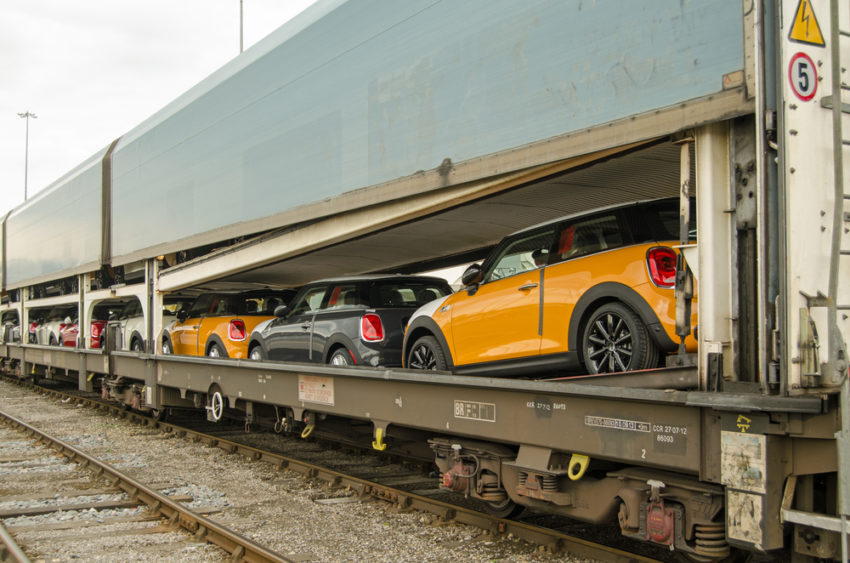The British automotive manufacturing industry has slumped to its 14th successive month of decline with production at a seven-year low.
With the new figures showing exports of British-made cars sharply in reverse, a separate report published yesterday also claims that UK motor factories face £4 billion a year in extra costs, mainly made up of tariffs and border-post friction in the event of a no-deal Brexit.
Latest data from the Society of Motor Manufacturers and Traders (SMMT) showed a 10 per cent fall in production from Britain’s car plants in July. In the year to date factories have produced 180,000 fewer cars, at 955,000, meaning that Britain’s carworkers are producing 26,000 fewer cars a month.
Cars built for export, which make up about four in every five rolling off UK assembly lines, have fallen by 20 per cent.
In 2016 British factories produced 1.72 million cars, with forecasts suggesting they could be on track to eclipse the all-time record of 1.92 million set in 1972. The SMMT trade body is now forecasting a figure of 1.37 million for 2019.
At the start of this year British automotive manufacturing was reckoned to employ 168,000 people. That figure is now likely to be much lower after 6,000 redundancies at Jaguar Land Rover and a sharp decline in production at the Vauxhall factory at Ellesmere Port. This is in addition to the potential lay-offs of nearly 5,000 directly employed workers in the future closures of the Honda car plant in Swindon and the Ford engine-making factory in Bridgend.
Foreign direct investment in the UK by the factories’ overseas owners had, until a £1 billion commitment to investment in electric cars by Jaguar Land Rover this summer, fallen by 90 per cent from highs hit earlier in the decade.
Of the cars made in Britain, Jaguar Land Rover’s factories in the Midlands and northwest, Nissan in Sunderland and BMW’s plant in Oxford account for more than 70 per cent of production. “Another month of decline for UK car manufacturing is a serious concern,” said Mike Hawes, the SMMT chief executive, a vocal critic of politicians aiming at a withdrawal from the European Union without trading safeguards.
“The sector is overwhelmingly reliant on exports and the global headwinds are strong, with escalating trade tensions, softening demand and significant technological change.”
A separate report by GlobalData, the economic consultancy, concluded that with British factories’ dependence on exports, the increased costs of imported components and tariffs on vehicles going the other way, will add up to a £4 billion-a-year bill for the sector. It indicated low-volume manufacturers like Bentley, Aston Martin, McLaren and Rolls-Royce could be disproportionately affected.


